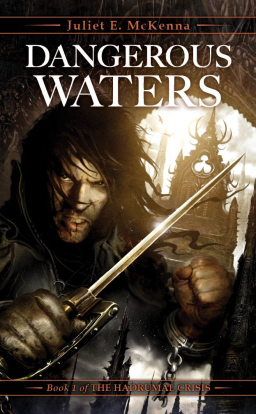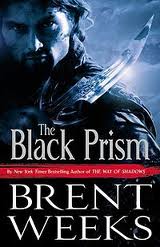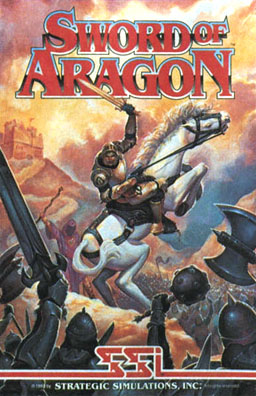Some Thoughts on Grimus
 Brian Aldiss has told a story (and I have no reason to doubt it) in which he, Arthur C. Clarke, and Kingsley Amis were the jury for a 1975 Sunday Times science fiction award. One of the books they were strongly considering for first prize was a novel called Grimus, by a 25-year-old first-time writer who worked in advertising. But as they deliberated, the publisher pulled the book from the competition, evidently because said publisher didn’t want the book given the label of ‘science fiction.’ Odd to think of the impact on the writer’s career: “Had it won,” Aldiss has been quoted as observing, “he would have been labelled a science-fiction writer, and nobody would have heard of him again.” As it happened, Salman Rushdie’s second novel, 1981’s equally-fantastic Midnight’s Children, won the Booker Prize (as well as both the 25th anniversary and the 40th anniversary “Booker of Bookers” prize, which pitted all the books that had won the prize up to those points against each other); he’s gone on to have a distinguished and controversial career, though one famously marked by the outrage his writing provoked in certain quarters.
Brian Aldiss has told a story (and I have no reason to doubt it) in which he, Arthur C. Clarke, and Kingsley Amis were the jury for a 1975 Sunday Times science fiction award. One of the books they were strongly considering for first prize was a novel called Grimus, by a 25-year-old first-time writer who worked in advertising. But as they deliberated, the publisher pulled the book from the competition, evidently because said publisher didn’t want the book given the label of ‘science fiction.’ Odd to think of the impact on the writer’s career: “Had it won,” Aldiss has been quoted as observing, “he would have been labelled a science-fiction writer, and nobody would have heard of him again.” As it happened, Salman Rushdie’s second novel, 1981’s equally-fantastic Midnight’s Children, won the Booker Prize (as well as both the 25th anniversary and the 40th anniversary “Booker of Bookers” prize, which pitted all the books that had won the prize up to those points against each other); he’s gone on to have a distinguished and controversial career, though one famously marked by the outrage his writing provoked in certain quarters.
Reading Grimus, I find that, whatever his publisher might have wanted, it’s easiest to define it as that subset of fantasy called science fiction. At times, and perhaps by the end of the book, that’s even the best way in which to read it. But the novel’s so strange and supple it moves quickly and effortlessly from one genre to another, one narrative approach to the next. It reinvents its form as it goes, incorporating what came before while opening up new ways for its tale to proceed. You can see why a jury of writers would look at it as a potential prize-winner; it’s remarkable, and if I found it only sporadically involving on a human level, its fluidity of prose and image still made it work — there’s a pleasure in storytelling, here, and in the plasticity of story, in story that refuses to be bounded by any descriptor and so spills out to embrace all genres.

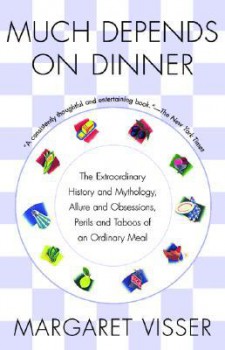
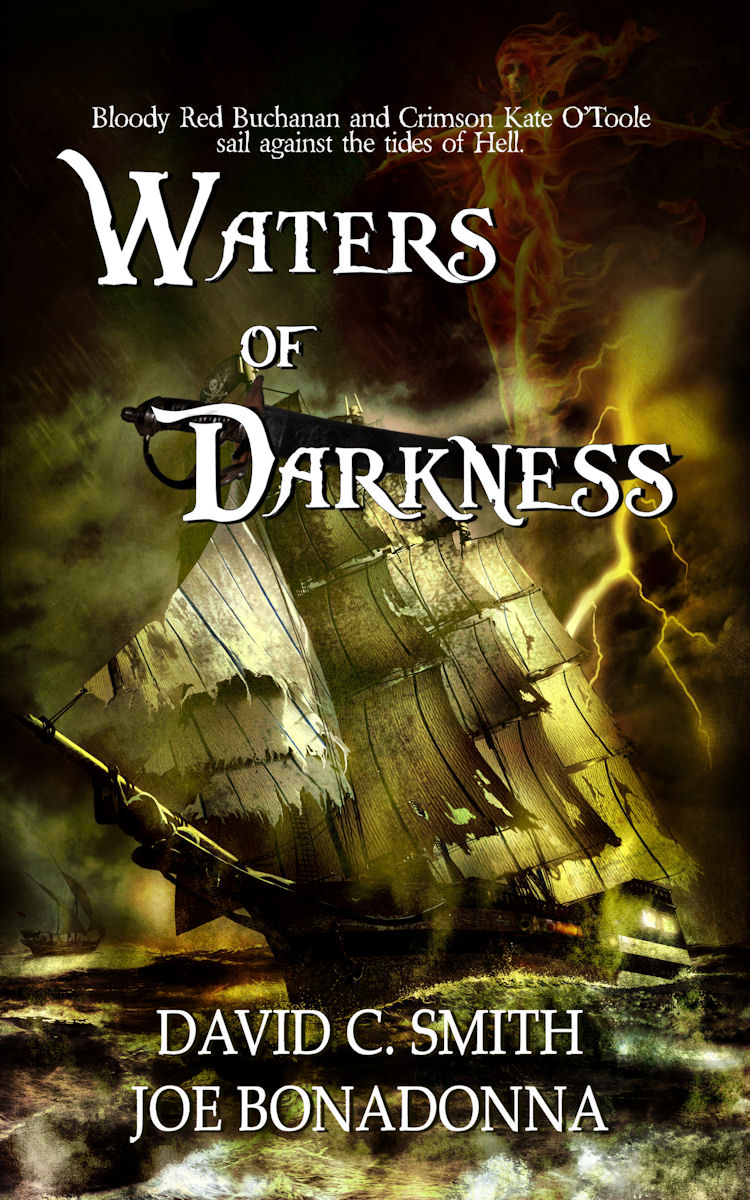

 As you may (or may not) have noticed, there was no
As you may (or may not) have noticed, there was no 